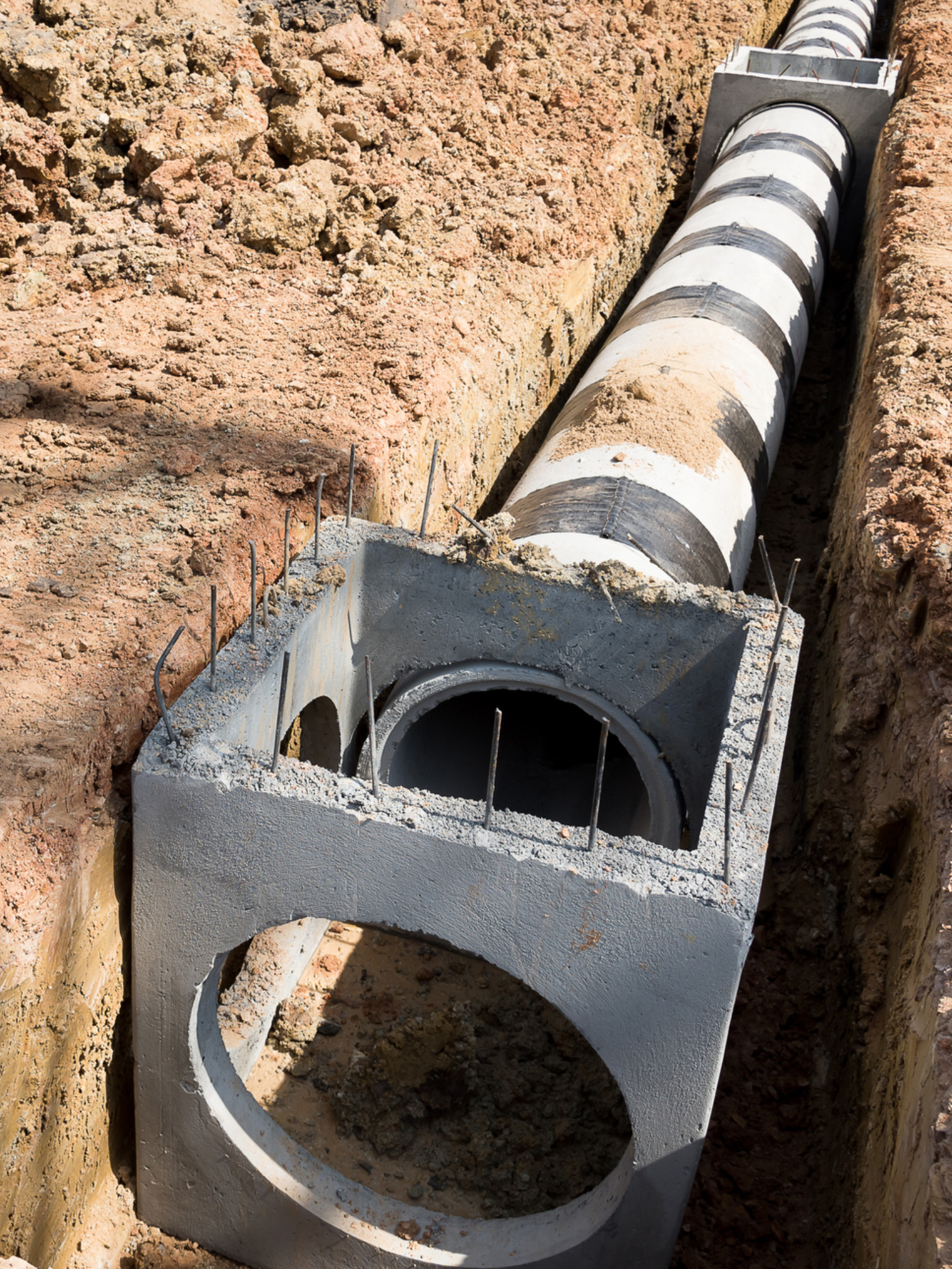Excavating Ohio - Leading Excavation Contractors for Ohio Projects
Excavating Ohio - Leading Excavation Contractors for Ohio Projects
Blog Article
Comprehensive Excavation Methods: Grasping the Fundamentals for Success
The cautious planning, accurate execution, and precise attention to detail required in excavation projects require a comprehensive approach that incorporates various fundamental aspects. The true mastery lies not simply in comprehending these fundamentals but in perfectly integrating them to navigate the complexities of excavation projects with finesse.
Comprehending Excavation Job Preparation

Effective excavation tasks are improved the structure of careful and extensive planning. The initial phase of any kind of excavation task is the preparation stage, where crucial choices are made that can significantly influence the end result of the project. During this stage, it is necessary to collect all pertinent info regarding the site, including topographical studies, dirt structure, and any prospective hazards that may exist. Recognizing the job range, spending plan, and timeline constraints is crucial for developing an extensive excavation strategy that makes certain the job's success.
One key element of excavation task planning is the development of an in-depth timeline that lays out the series of milestones, deadlines, and activities. This timeline serves as a roadmap for the project team, permitting them to track progression and make essential adjustments to guarantee the project remains on timetable. Furthermore, a well-defined budget that makes up all costs, including equipment service, labor expenses, and materials, is necessary for preventing expense overruns and delays. By very carefully considering all these factors throughout the drawing board, excavation tasks can be implemented successfully and efficiently, leading to effective outcomes.
Soil Analysis and Website Examination
Carrying out thorough dirt analysis and website evaluation is a crucial action in the prep work stage of any excavation job. Dirt evaluation includes determining the make-up, structure, and residential or commercial properties of the dirt at the excavation website. This information is essential for recognizing the dirt's bearing capacity, wetness material, and possibility for disintegration, which are vital elements in figuring out the excavation approaches and tools required for the project.
Website analysis goes past dirt evaluation and encompasses a broader assessment of the overall site conditions. This assessment includes determining any type of prospective risks, such as underground utilities, environmental issues, or unsteady terrain, that could impact the excavation process. By thoroughly assessing the site, project managers can develop effective excavation strategies that focus on safety and security, performance, and ecological security.
Using innovative innovations like ground-penetrating radar, dirt sampling, and drone surveys can boost the precision and effectiveness of dirt analysis and website analysis. Spending time and resources in these initial actions can eventually save time and stop expensive delays or complications throughout the excavation procedure.
Devices Selection and Application
Effective excavation jobs rely greatly on calculated equipment option and use to guarantee optimal efficiency and productivity. Picking the ideal equipment for the work is critical in making the most of efficiency and decreasing downtime. Elements such as the sort of dirt, depth of excavation, and job scope play a substantial role in determining one of the most suitable devices for the task available.

Along with choosing the proper tools, correct usage is crucial to job success. Operators has to be trained to manage the equipment securely and successfully - septic ohio. Normal maintenance checks and prompt fixings help prevent break downs and guarantee constant performance throughout the project
Security Steps and Regulations Compliance
In the world of excavation tasks, focusing on security procedures and compliance with policies is critical to guaranteeing a legally audio and safe and secure functional setting. Safety and security procedures include a range of techniques, consisting of carrying out complete site assessments, implementing correct signage and barriers, and giving appropriate security training for all personnel associated with the excavation procedure. important site Adherence to guidelines, such as OSHA demands in the United States, makes certain that the excavation job meets the essential requirements to safeguard employees, onlookers, and the surrounding atmosphere.

Monitoring Development and Adjusting Methods
How can project supervisors effectively track the development of excavation tasks and adjust their approaches accordingly to maximize results? Tracking progress is essential for ensuring that excavation tasks remain on track and meet target dates. Job managers can utilize numerous tools and techniques to track progress, such as day-to-day progression records, routine site examinations, and progressed surveillance innovations like drones and GPS tracking systems. By continually monitoring the job's development, supervisors can identify any type of potential delays or issues at an early stage and take aggressive measures to address them.
Conclusion
In final thought, mastering the principles of thorough excavation techniques is essential for the success of any type of task. By understanding job planning, evaluating dirt and website conditions, selecting appropriate tools, abiding by safety laws, and checking development, project supervisors can guarantee a effective and smooth excavation process. Applying these methods will lead to successful outcomes and lessen potential dangers or setbacks throughout the excavation project.
The preliminary stage of any type of excavation task is the planning phase, where crucial choices are made that can considerably influence the outcome of the task. Understanding the job timeline, budget, and range constraints is vital for creating a detailed excavation strategy that ensures the task's success.
Exactly how can project supervisors efficiently track the advancement of excavation tasks and adjust their strategies appropriately to maximize results? By carefully keeping track of development and being eager to adjust strategies, project managers can improve the general success of excavation jobs.
By recognizing task preparation, analyzing soil and site conditions, selecting appropriate equipment, complying with safety policies, and keeping an eye on development, job supervisors can make sure a effective and smooth excavation process.
Report this page